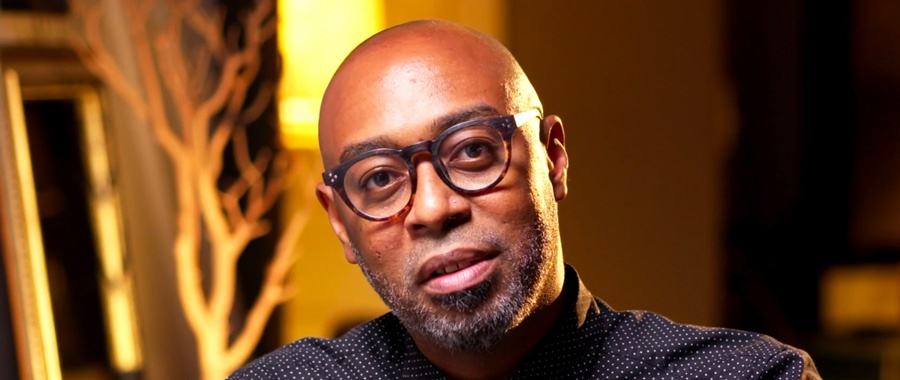Racism is an insidious social malady that pervades various dimensions of human interaction. The Bahá’í Faith, with its intrinsic emphasis on unity and peace, offers profound insights on confronting this societal ill. It advocates for a paradigm shift in our collective consciousness and urges followers to actively combat racism in all its manifestations. In this exploration, we will delve into the core tenets that inform Bahá’í teachings on racism, the historical context in which these teachings were developed, practical strategies for individual and communal engagement, and the overarching vision of a racially unified society.
The Bahá’í Faith, founded in the mid-19th century, posits that humanity is one, sharing a common origin, destiny, and purpose. Central to its doctrine is the belief in the essential equality of all people, regardless of race, ethnicity, or nationality. In a world increasingly polarized along racial lines, these teachings resonate with a poignant relevance. Key to understanding Bahá’í perspectives on racism is Abdu’l-Bahá’s assertion that prejudice—be it racial, religious, or social—is a barrier to the progress of humanity. The Bahá’í teachings urge adherents to transcend societal biases and advocate for justice and equity within their communities.
Historically, the Bahá’í community in America has engaged in a spectrum of initiatives aimed at confronting racism. From its inception, the Faith emphasized abolishing prejudice. Early Bahá’ís, including notable figures such as Louise Gregory and Richard Thomas, actively participated in civil rights movements, advocating for racial justice and equality. This historical engagement is testament to the Faith’s enduring commitment to the ideal of unity in diversity, a hallmark of Bahá’í teachings. As such, the narrative of Bahá’ís confronting racism is interwoven with the broader tapestry of the American civil rights struggle, illustrating a persistent advocacy for dignity and respect for all individuals.
The teachings of Bahá’u’lláh proffer practical guidance for the individual believer grappling with prejudiced sentiments. At the core of these teachings is the call for self-examination and introspection. To confront racism effectively, one must first recognize and address internalized biases. This process of self-reflection fosters a deeper understanding of the conditions that perpetuate discrimination and injustice. Bahá’ís are encouraged to engage in ongoing education about racial issues, history, and the lived experiences of marginalized groups. Such awareness not only enriches personal perspectives but also equips individuals to engage meaningfully in dialogues surrounding race.
Community engagement represents another vital facet of the Bahá’í approach to combating racism. Bahá’í communities across the nation have initiated diverse programs designed to foster dialogue and understanding. One such initiative is the creation of “devotional gatherings” where individuals are invited to articulate their experiences and insights related to racism and prejudice. These gatherings serve as safe spaces for sharing, where participants cultivate empathy and solidarity. Such communal practices enhance the social fabric and fortify the commitment to unity.
Furthermore, the Bahá’í teachings underline the importance of collective action. In the face of systemic racism, the community must rally to advocate for equitable policies and practices. This involves not only engaging in grassroots activism but also forming alliances with other organizations dedicated to social justice. By nurturing these collaborations, Bahá’ís can extend their influence and amplify marginalized voices within the broader societal discourse. As the famed Bahá’í quote states, “The earth is but one country, and mankind its citizens,” encapsulates the ethos of interconnectedness that encourages communal responsibility.
Education stands as a foundational pillar within the Bahá’í approach to dismantling racism. Institutions of learning can be pivotal arenas for cultivating understanding and acceptance. The Bahá’í community has established educational programs that prioritize discussions on race and the importance of diversity. By integrating these topics into curricula, educators can arms the upcoming generation with the tools necessary to challenge racial prejudices. Such an educational approach not only empowers youth but also fosters an environment conducive to cultivating respect for all individuals.
The vision of a racially unified society serves as a guiding star within Bahá’í teachings. This utopian ideal is not simply aspirational; rather, it is a tangible goal that invites collaborative efforts toward realization. The Bahá’í community envisions a future where individuals, regardless of racial background, live harmoniously, contributing to a rich tapestry of cultural diversity. This vision is threatened, however, by the forces of bigotry and bias, necessitating proactive engagement and vigilant advocacy against racism.
In summary, when Baha’is confront racism in America, they draw from a rich heritage of teachings that encourage introspection, community engagement, and collective action. The challenge of racism demands not only individual resolve but also communal collaboration, education, and activism. As society navigates the complexities of race relations, the Bahá’í approach offers a comprehensive framework rooted in the principles of unity and equality. By embodying these teachings, Baha’is aspire to contribute to a world where the ideals of justice and peace prevail, crafting not only a narrative of resistance but also a collective vision of hope and transformation.
